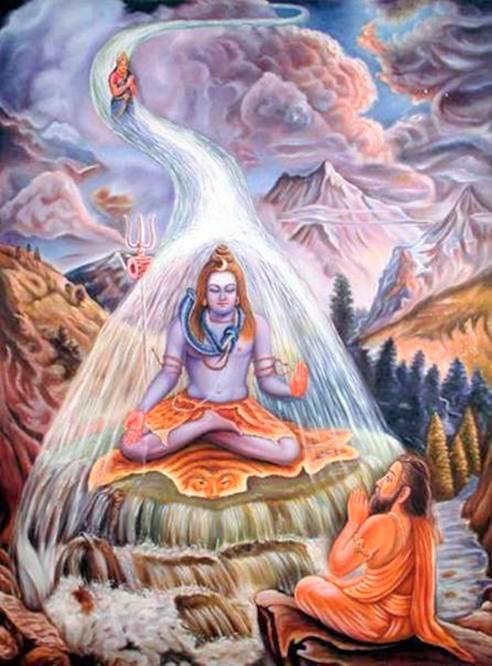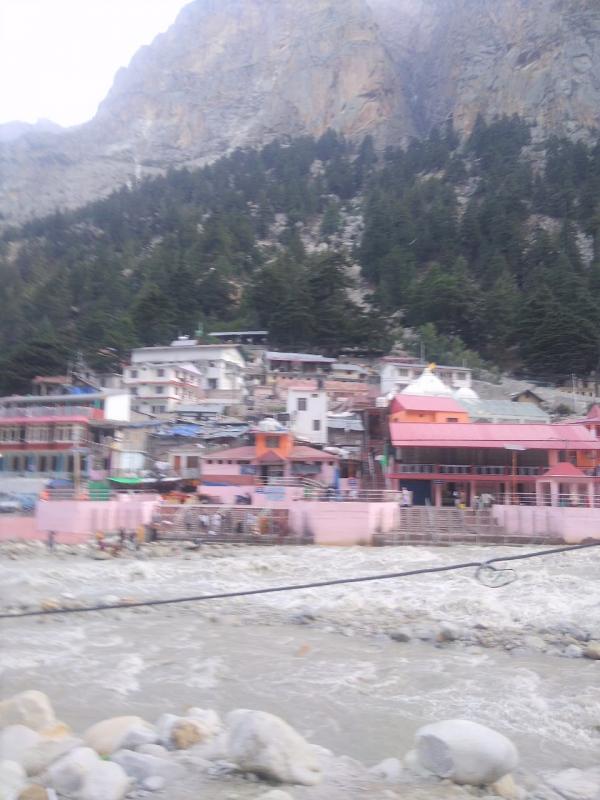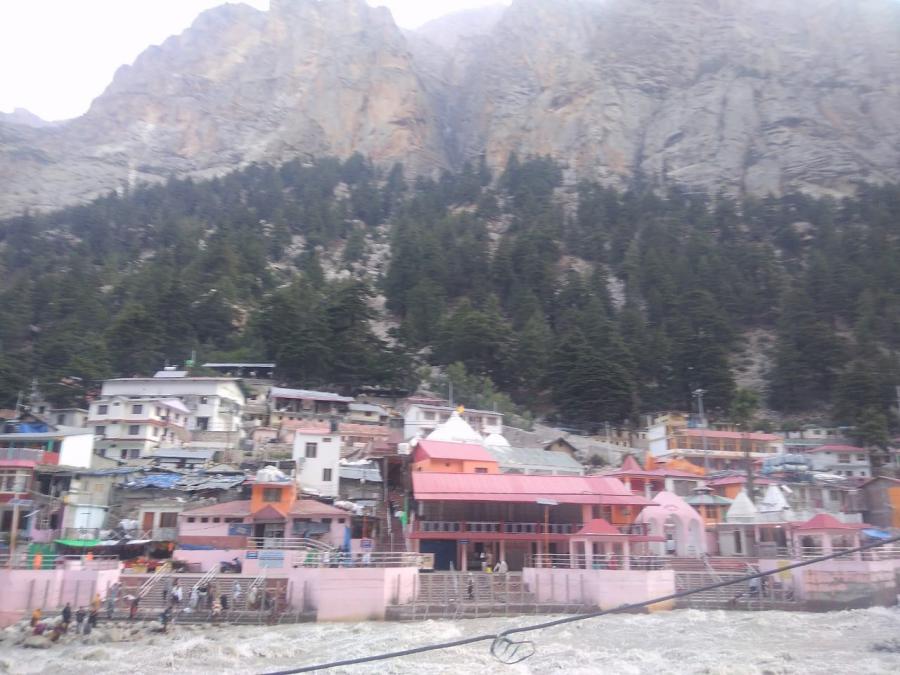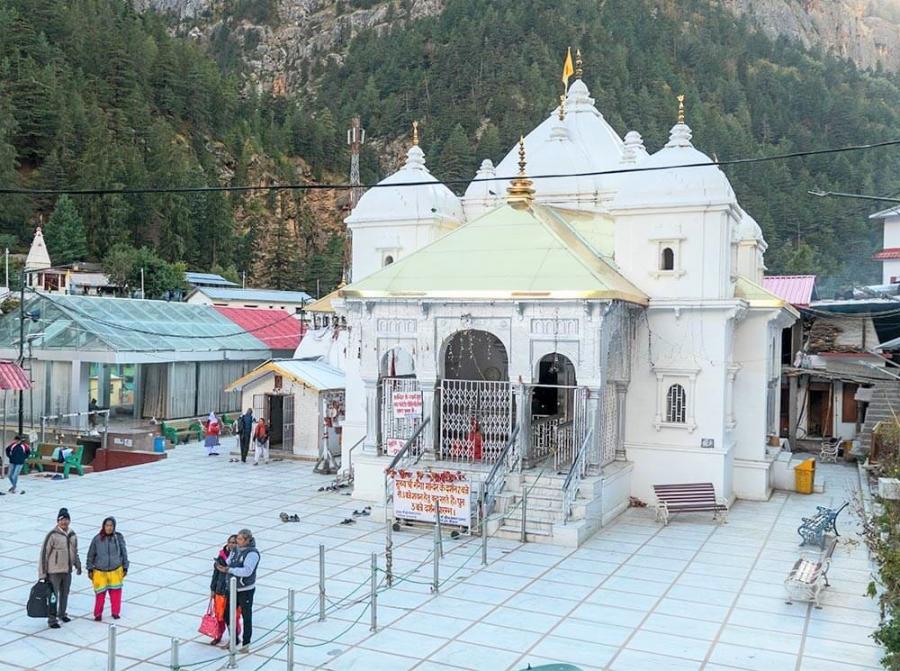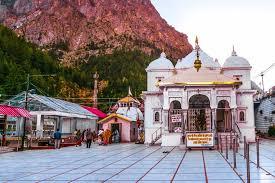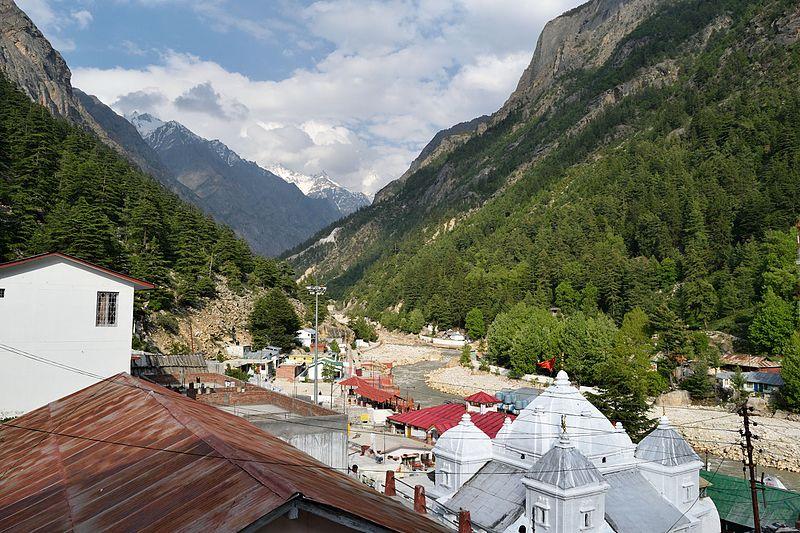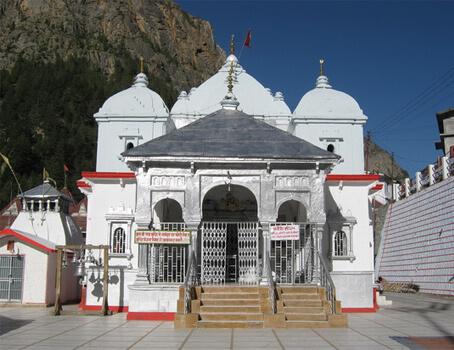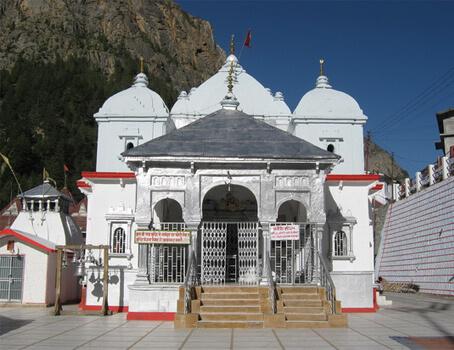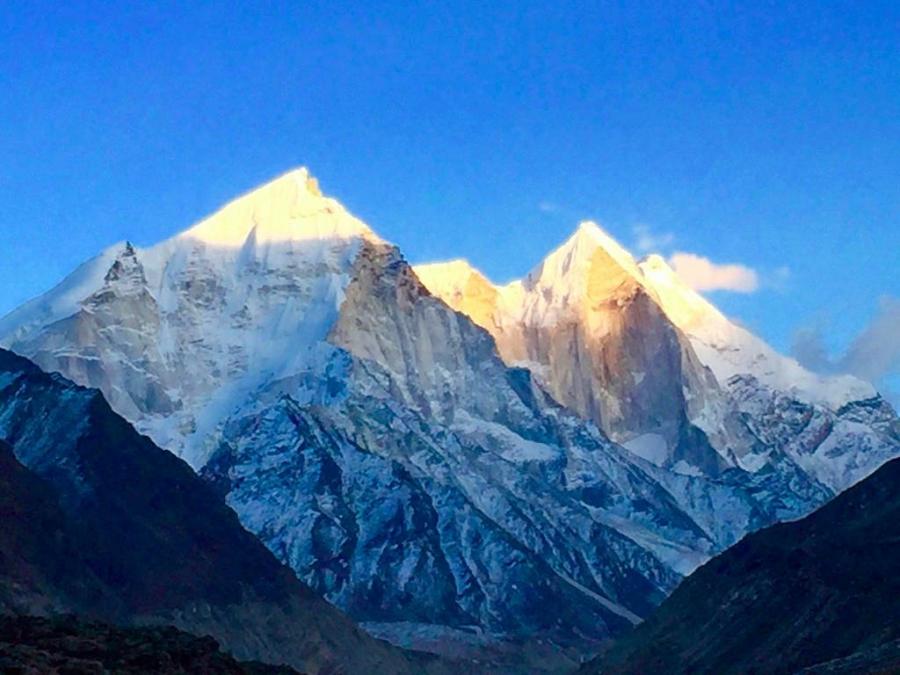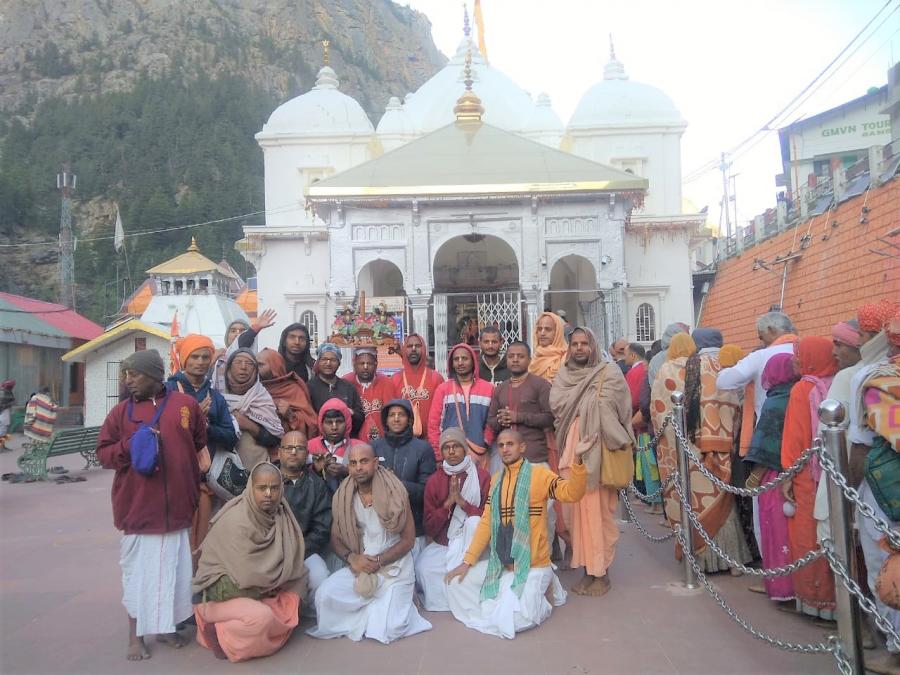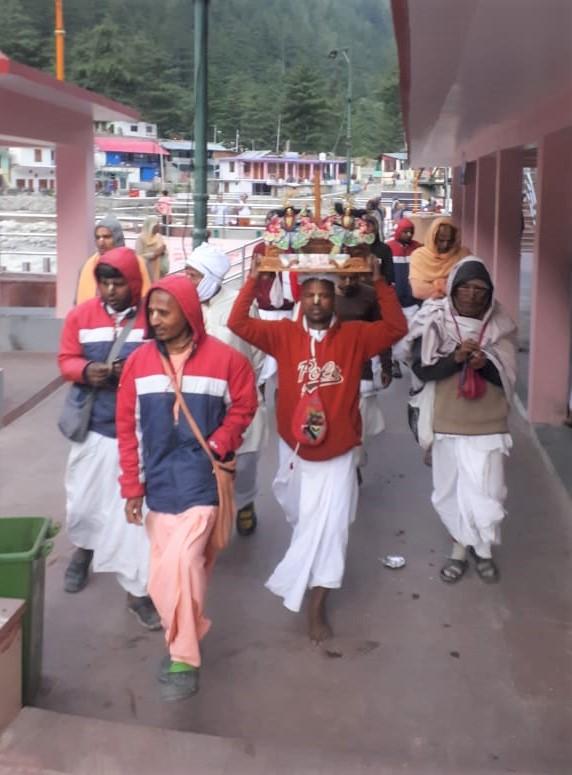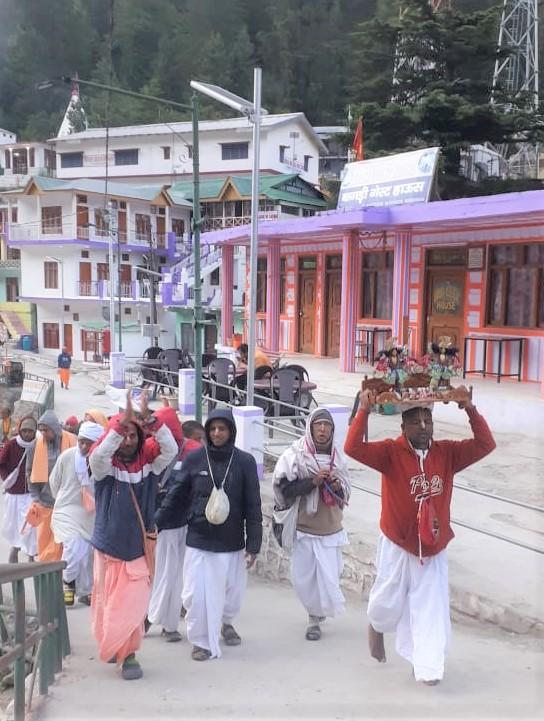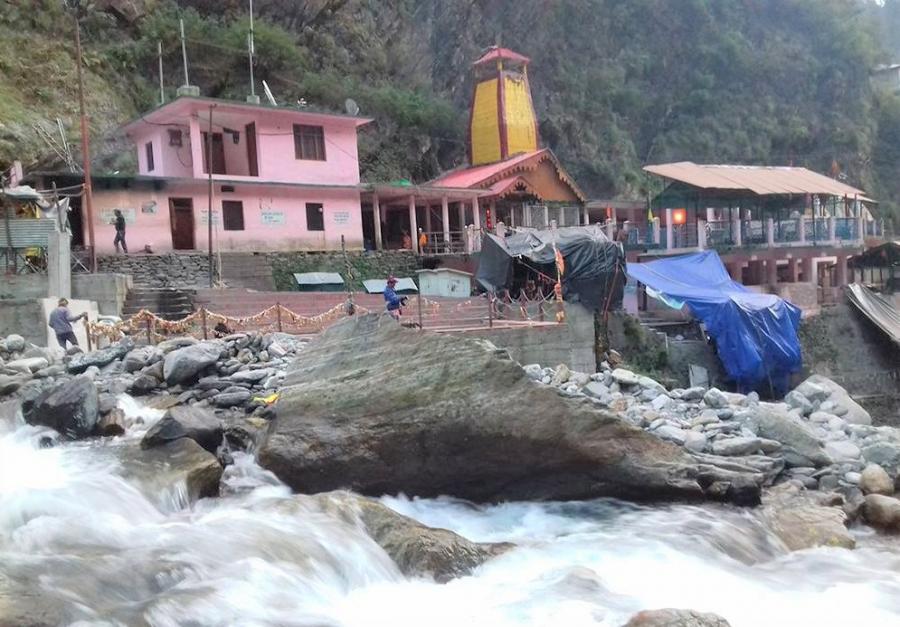By Acarya dasa, All India Padayatra leader
The padayatris departed Badrikashram dhama at the beginning of June, walking towards Kedarnath dhama, Yamunotri dhama and the last destination of our char dhama yatra, Gangotri dhama, which we reached on June 18.
Gangotri, a small nagar panchayat (municipality) at 3100m, is a Hindu pilgrimage town on the banks of the Bhagirathi River, the origin of mother Ganges. Our first stop there was Dodital, a freshwater lake close to Gangotri where Ganesh appeared. The Ganges emerges from Dodital and joins the Bhagirathi River at the confluence in Gangotri. The river is called Bhagirathi at the source and acquires the name Ganges from Devprayag where it meets the Alaknanda. The origin of the holy river is Gaumukh (cow’s face) glacier, a 19km trek from Gangotri.
When Ganga was satisfied with the austerities of King Bhagirath, she appeared before him and asked him what he desired. The king wanted mother Ganga to come down to the earth, to deliver his forefathers. Ganga replied that if she fell down from the sky to the earth, her waters would be so forceful that if no-one sustained them, they would pierce right through the earth to the planetary system below. Bhagirath said that Lord Shiva, being an incarnation of the Lord, could sustain the forceful waves on his head. Bhagirath then performed austerities to Lord Shiva, who was quickly satisfied and agreed to sustain the Ganga on his head.
“When King Bhagirath approached Lord Shiva and requested him to sustain the forceful waves of the Ganges, Lord Shiva accepted the proposal by saying ‘Let it be so.’ Then, with great attention, he sustained the Ganges on his head, for the water of the Ganges is purifying, having emanated from the toes of Lord Vishnu.” (Srimad-Bhagavatam 9.9.9)
While at Gangotri we also visited Bhagirath Shila, the holy rock where King Bhagirath prayed to Lord Shiva and the place mother Ganga stepped down to earth, and Pandava-gufa 1.5km from Gangotri, where the Pandavas are believed to have meditated and rested enroute to Kailash. Pilgrims must walk up a steep trail to reach the cave.
The eighteenth-century, white-granite Gangotri temple, the most important Ganga temple, opens on the auspicious day of Akshaya Tritiya in May, allowing darshan of goddess Ganga of four hours for the first month but only one hour for the rest of the season, and closes for the winter on Yama Dwitiya or Bhai Dooj in November. It was a wonderful conclusion to our yatra and we sought the blessings of Ganga maiya. As Kunti Maharani glorified her: tvayi me ’nanya-viṣayā, matir madhu-pate ’sakṛt, ratim udvahatād addhā, gaṅgevaugham udanvati – “O Lord of Madhu, as the Ganges forever flows to the sea without hindrance, let my attraction be constantly drawn unto You without being diverted to anyone else.”
So let our mind always flow towards the service of Guru and Gauranga.
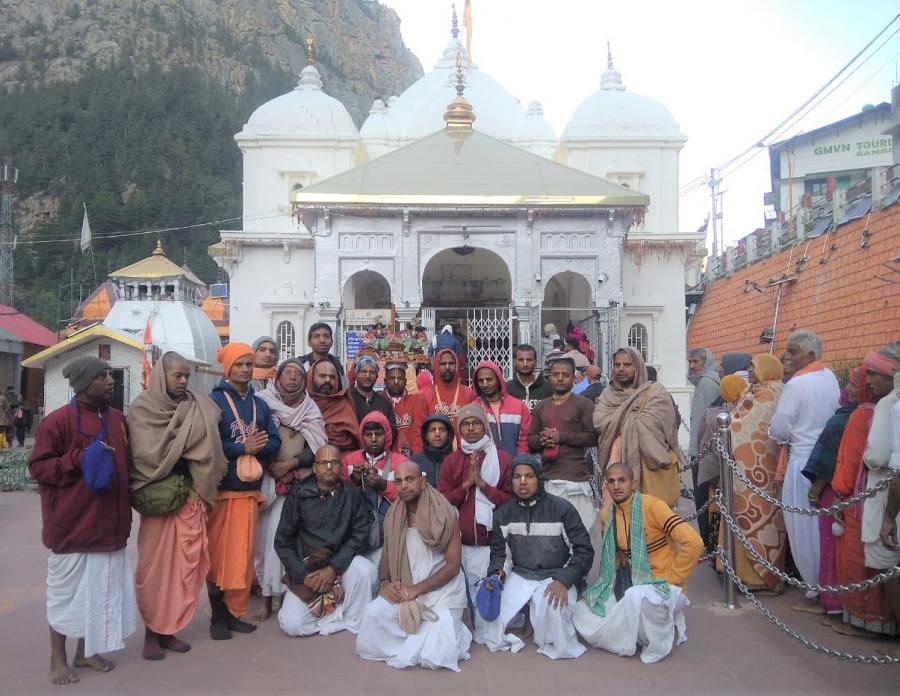 At Gangotri dham
At Gangotri dham 
